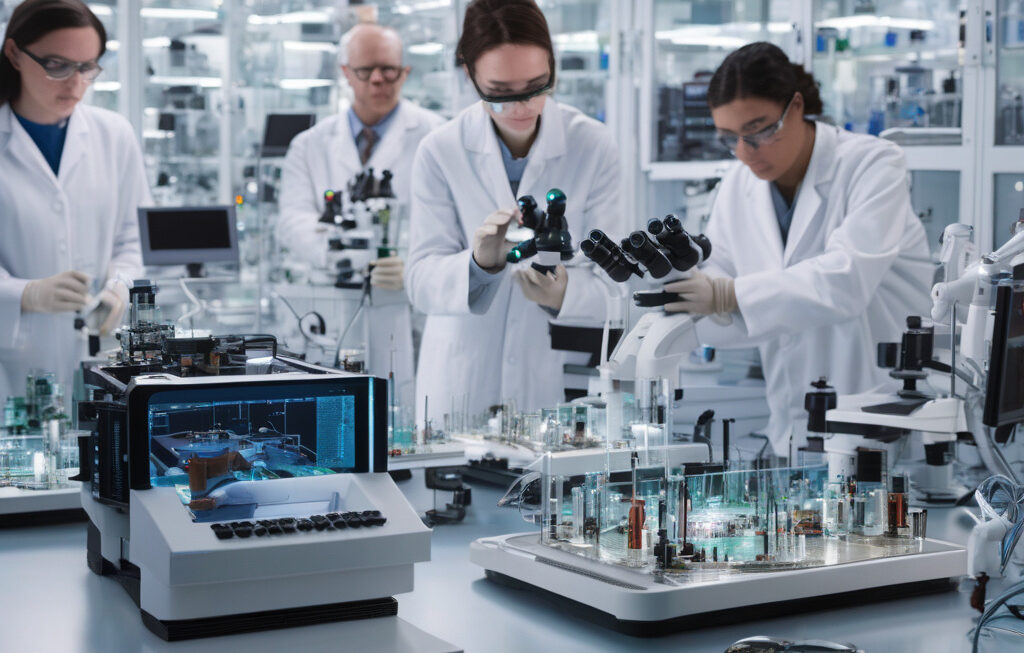BMW’s New All-Solid-State Battery Extends Range in i7 Electric Vehicle Test
The BMW Group is testing a new generation of battery technology in its BMW i7, aiming to revolutionize the electric vehicle market. This innovative technology, known as the all-solid-state battery, promises to extend the range of electric cars significantly while addressing concerns about safety and charging times.
Solid-state batteries differ from traditional lithium-ion batteries by replacing the liquid or gel electrolyte with a solid material. This design feature offers several advantages, including higher energy density, faster charging capabilities, and improved safety. BMW’s decision to incorporate this cutting-edge technology into the i7 highlights the company’s commitment to staying at the forefront of electric mobility.
One of the most significant benefits of solid-state batteries is their potential to enhance the driving range of electric vehicles. By increasing the energy density of the battery pack, manufacturers can offer cars that can travel longer distances on a single charge. This improvement is crucial for widespread adoption of electric vehicles, as range anxiety remains a top concern for many consumers.
In the case of the BMW i7, the all-solid-state battery has reportedly extended the vehicle’s range to over 600 miles on a single charge. This impressive milestone sets a new standard for electric cars and demonstrates the capabilities of this advanced battery technology. With such an extended range, drivers can enjoy long-distance travel without the need for frequent charging stops, making electric vehicles more practical and convenient for everyday use.
Moreover, the use of solid-state batteries can also lead to faster charging times, another essential factor in the widespread adoption of electric vehicles. By leveraging the improved conductivity of solid electrolytes, BMW can design battery packs that can be charged more quickly than traditional lithium-ion batteries. This means that drivers can spend less time waiting for their vehicles to recharge, further enhancing the overall ownership experience.
In addition to the performance benefits, solid-state batteries offer enhanced safety compared to their liquid electrolyte counterparts. The risk of fire or thermal runaway, common concerns with lithium-ion batteries, is significantly reduced with solid-state technology. This increased safety not only protects the vehicle and its occupants but also provides peace of mind to consumers considering the switch to electric vehicles.
BMW’s decision to test the all-solid-state battery technology in the i7 underscores the company’s dedication to innovation and sustainability. By investing in next-generation battery technology, BMW is positioning itself as a leader in the electric vehicle market, setting new standards for performance, range, and safety.
As the automotive industry continues to shift towards electrification, advancements in battery technology will play a crucial role in shaping the future of transportation. With companies like BMW pushing the boundaries of what is possible, we can expect to see more efficient, capable, and sustainable electric vehicles on the roads in the years to come.
In conclusion, BMW’s new all-solid-state battery represents a significant step forward in the development of electric vehicles. By extending the range of the i7, improving charging times, and enhancing safety, this innovative technology has the potential to accelerate the transition to sustainable mobility. As consumers demand more efficient and environmentally friendly transportation options, advancements like the all-solid-state battery will be key to driving the industry forward.
#BMW, #ElectricVehicle, #SolidStateBattery, #Sustainability, #Innovation












